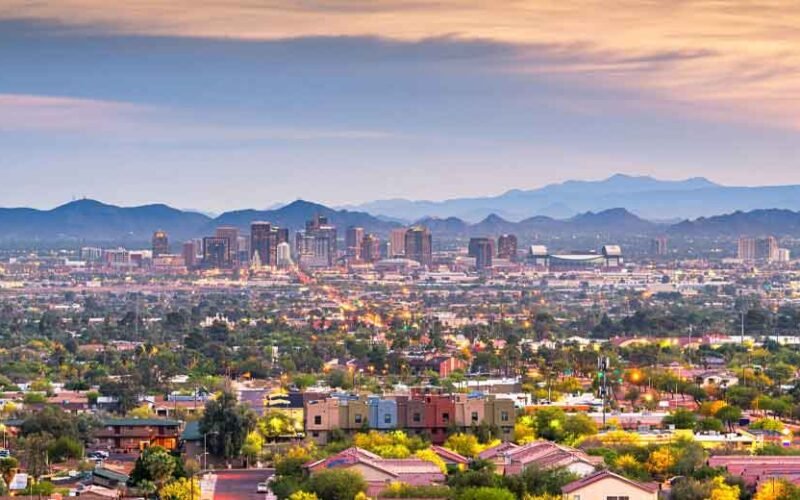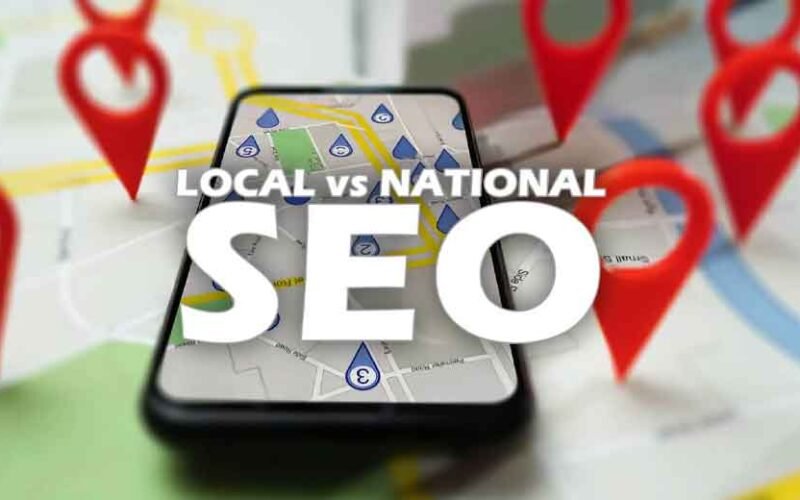Arizona is an appealing destination for those seeking a fresh start, thanks to its strong job market, diverse landscapes, and relatively lower cost of living compared to states like California. The state offers opportunities for professionals, retirees, and entrepreneurs alike, making it an attractive choice for relocation.
With its warm climate, thriving cities, and vast outdoor spaces, Arizona provides a balance between urban convenience and natural beauty. Whether you are moving for work, family, or a lifestyle change, understanding the essentials of settling in will make the transition smoother.
Choosing the Right City or Town in Arizona
Arizona has a mix of large cities, mid-sized towns, and smaller communities, each with its own advantages. Phoenix, the state capital, offers the most job opportunities, a fast-growing tech industry, and a vibrant metropolitan lifestyle.
Tucson, a college town, is more affordable, with a slower pace of life and a strong arts and culture scene. Residents relocating from higher-cost states, like California, have found Prescott’s cost of living more affordable, with some saving over $1,700 monthly on expenses.
For those seeking luxury living and business opportunities, Scottsdale provides a high-end lifestyle with strong economic growth. Flagstaff offers a cooler climate and access to outdoor recreation, making it ideal for nature lovers. Meanwhile, Prescott and Sedona attract those looking for a quieter, scenic setting with a strong sense of community.
Finding a Place to Live
Housing prices vary depending on location, with Phoenix and Scottsdale having higher costs than cities like Tucson or Prescott. Renting is a practical choice for newcomers who want to explore different areas before committing to a home purchase. Homeowners should research property taxes, homeowners association (HOA) rules, and potential water restrictions that may affect long-term living.
Arizona’s housing market is competitive, but affordability remains better than in states like California. Suburban areas around major cities offer more space at lower costs, while rural areas provide an even lower cost of living but may require longer commutes. Understanding neighborhood dynamics and access to amenities is crucial when choosing where to settle.
Getting a Job or Starting a Business
Arizona has a growing economy with strong industries in technology, healthcare, construction, and tourism. Job seekers should focus on networking, industry-specific job boards, and local business organizations to find the best opportunities. Many companies continue to relocate to Arizona due to business-friendly policies and a skilled workforce.
Entrepreneurs benefit from relatively low taxes and a supportive business climate. Registering a business is straightforward, and the state offers various incentives for startups. Those looking to start a business should research zoning laws, licensing requirements, and market demand before launching their venture.
Moving to a new state is also a chance to take a fresh look at personal finances. If you own jewelry that holds sentimental value but is no longer essential, selling it can provide extra funds for relocation costs or new business ventures. Selling to a trusted jewelry buyer in Scottsdale can be an easy way to turn valuable keepsakes into cash that helps you settle into your new life.
Adjusting to Arizona’s Climate and Lifestyle
Arizona’s desert climate means extremely hot summers, mild winters, and low humidity. Newcomers should prepare for intense heat by staying hydrated, using sun protection, and adjusting outdoor activities to early mornings or evenings. Understanding the monsoon season is also essential, as heavy rains and dust storms can impact daily life.
Despite the heat, Arizona offers an active outdoor lifestyle with hiking, cycling, and numerous national parks. The cooler months provide the best opportunities for exploring nature, making it an ideal time for outdoor enthusiasts. Being aware of seasonal weather patterns will help newcomers adapt more comfortably.
Setting Up Essentials – Utilities, Transportation, and More
Setting up utilities in Arizona includes electricity, water, internet, and waste collection, all of which vary depending on the city or neighborhood. Some areas have water conservation rules due to limited resources, making it essential to understand usage restrictions and costs. Most cities have multiple internet and energy providers, allowing residents to compare options based on speed and pricing.
Transportation options vary widely, with Phoenix having a public transit system that includes buses and a light rail, while other cities rely primarily on personal vehicles. Car ownership is almost necessary in most parts of Arizona due to the limited reach of public transit. New residents should also familiarize themselves with vehicle registration requirements and emissions testing, which are mandatory in certain counties.
Making Friends and Building a Community
Arizona is one of the fastest-growing and most diverse states in the nation, ranking 7th for overall population growth from 2020 to 2022, with a 3% increase equating to 207,690 additional residents.
Building a social network in Arizona is easier through local events, outdoor activities, and community organizations. Many cities host festivals, farmers’ markets, and outdoor recreation groups that help newcomers meet like-minded individuals. Engaging in hobbies like hiking or cycling also provides natural opportunities to connect with others.
Social media groups and local networking meetups can be useful for finding people with shared interests. Volunteering and joining professional associations or sports clubs are additional ways to integrate into the community. Making an effort to participate in local activities helps new residents establish a sense of belonging.
Embracing Arizona’s Culture and Unique Lifestyle
Arizona has a rich cultural history influenced by Native American, Mexican, and Western traditions. The state is known for its diverse culinary scene, with a strong emphasis on Mexican and Southwestern flavors. Trying local dishes and exploring regional food markets can be an enjoyable way to connect with the local culture.
Festivals, rodeos, and art events showcase the state’s unique blend of cultures and traditions. Understanding Arizona’s laws, such as open-carry regulations and property rules, is also essential for newcomers. Embracing the local lifestyle and respecting cultural heritage will make the transition smoother.
Conclusion – Making Arizona Your Home
Relocating to Arizona requires careful planning, but the state offers a welcoming environment for those ready to start fresh. Choosing the right city, securing housing, and understanding the local climate and culture are key steps to settling in successfully.
With its growing economy, diverse recreational opportunities, and community-oriented lifestyle, Arizona provides a solid foundation for building a new life. Taking the time to explore different areas, connect with local communities, and adapt to the climate will help newcomers feel at home.










